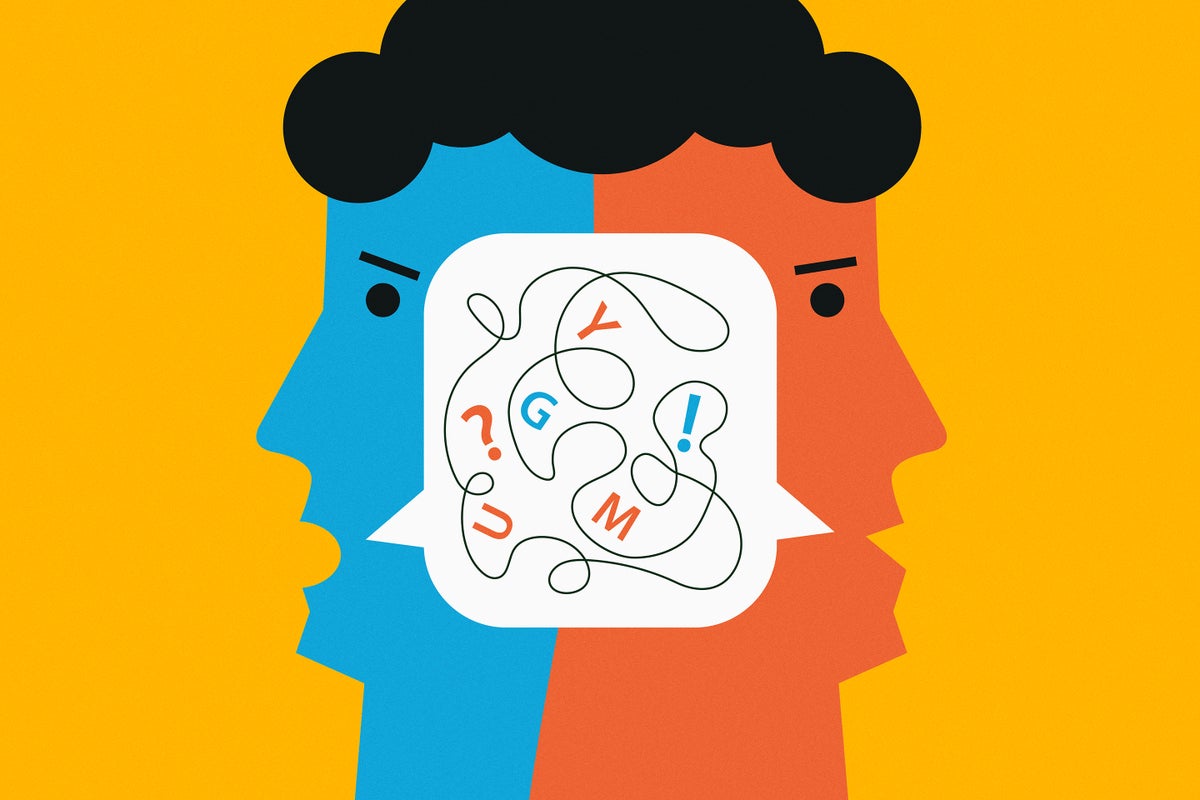Now Reading: Can Grammar Shape the Way You Think?
-
01
Can Grammar Shape the Way You Think?
Can Grammar Shape the Way You Think?

Quick Summary:
- A study by the Max Planck Institute for psycholinguistics examined how brain activity adapts to grammatical differences across languages.
- Dutch-speaking participants listening to a Dutch audiobook displayed predictive models in language processing,completing phrases in their heads before hearing them entirely. This contrasts with English speakers, who lean toward “wait and see” strategies for sentence parsing as previous research suggests.
- Different language-specific grammatical structures (e.g., verbs appearing late in Dutch) influence brain response patterns during language comprehension.
- Researchers advocate for diversifying linguistic studies beyond predominantly English-speaking subjects to better capture varied cognitive processing across languages and regions.
Indian Opinion Analysis:
This study highlights the adaptability of the human brain when engaging with different grammatical structures, offering crucial insights into how linguistic diversity shapes cognitive functions globally. For India-home to more than 19,500 notified languages or dialects-such findings may have meaningful implications for education and communication strategies tailored to multilingual populations. Stimulating further investigation into regional language-processing mechanisms could improve literacy programs and neuro-linguistic interventions aimed at bridging gaps among India’s diverse communities while fostering its cultural richness through scientific exploration.
























